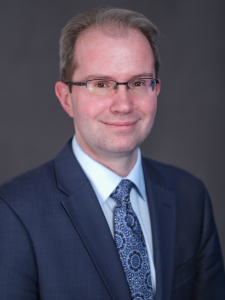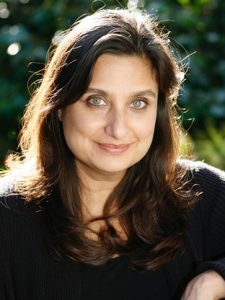Event recap | An immune system for the planet
Find the full GeoTech Hour Series here.
Event description
In this special episode of the GeoTech Hour, the GeoTech Center aired a recording of the most recent installment in its Immune System for the Planet private roundtable series, where experts from the medical, technological, and pharmaceutical fields discuss the various challenges in and benefits of creating a planetary network to monitor and predict future health crises. This episode’s discussion highlighted the ongoing challenges in combatting COVID-19 and outlined what a planetary immune system might look like.
Panelists focused on the obstacles that continue to impede the pandemic response. Access to tests and vaccines are the most immediate hurdles, but with respect to vaccines, supply is no longer a limiting factor. Rather, clinics’ limited capacity slows vaccine rollout. As a remedy, panelists advocated for further partnerships among hospitals, large pharmacies such as CVS or Walgreens, and local clinics, as well as increased funding for local clinics. In the long term, however, panelists identified misinformation and the public’s distrust of vaccines as the most significant challenges. They recommended that the US government offer counter-messaging through trusted figures and partner visibly with local, community organizations to restore citizens’ trust in government.
Experts also envisioned a system able to predict and prevent future pandemics. By analyzing sensor data, internet traffic, and other non-traditional metrics, such global monitoring could identify, detect, and track outbreaks in real-time. With the necessary technologies still a few years away, policymakers must lay the groundwork now in preparation for their arrival. Panelists pointed specifically to the urgent need for data integration policies to connect disparate systems. Government must act quickly—it cannot afford to squander the opportunity to implement transformative public health initiatives.
Ben Schatz is a junior at Georgetown University’s School of Foreign Service where he studies Science, Technology, and International Affairs (STIA), concentrating on security. He also minors in Latin American Studies and Computer Science. His coursework focuses on the intersection of technology and international development, and he intends to continue learning about how new technologies can solve global issues.
Hosted by
David Bray
Director, GeoTech Center
Atlantic Council
Related experts
Previous episode

The GeoTech Center champions positive paths forward that societies can pursue to ensure new technologies and data empower people, prosperity, and peace.



